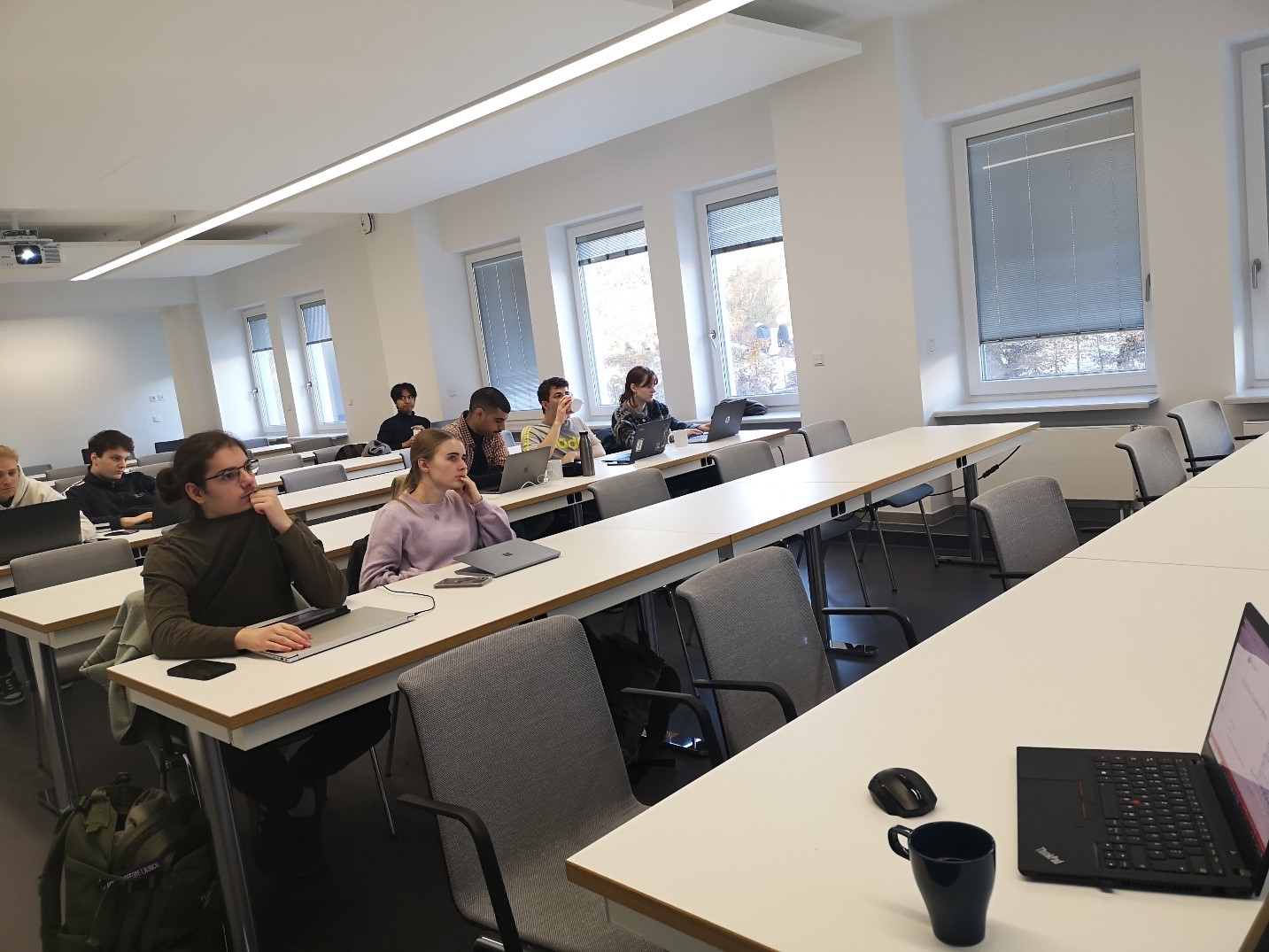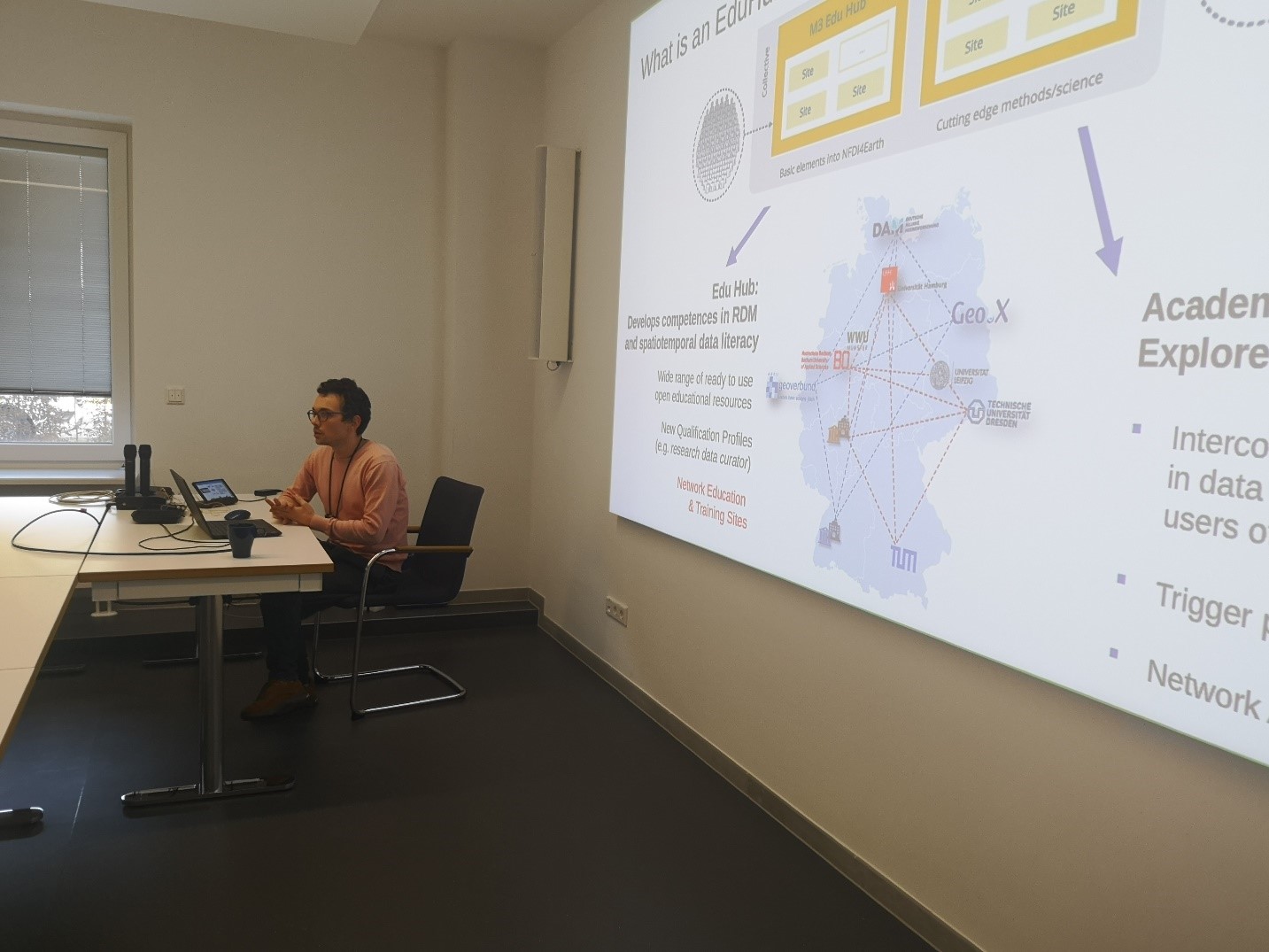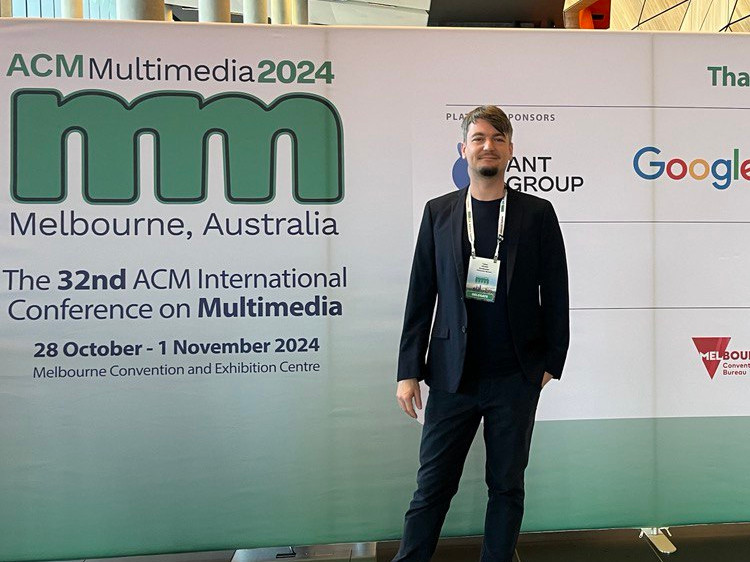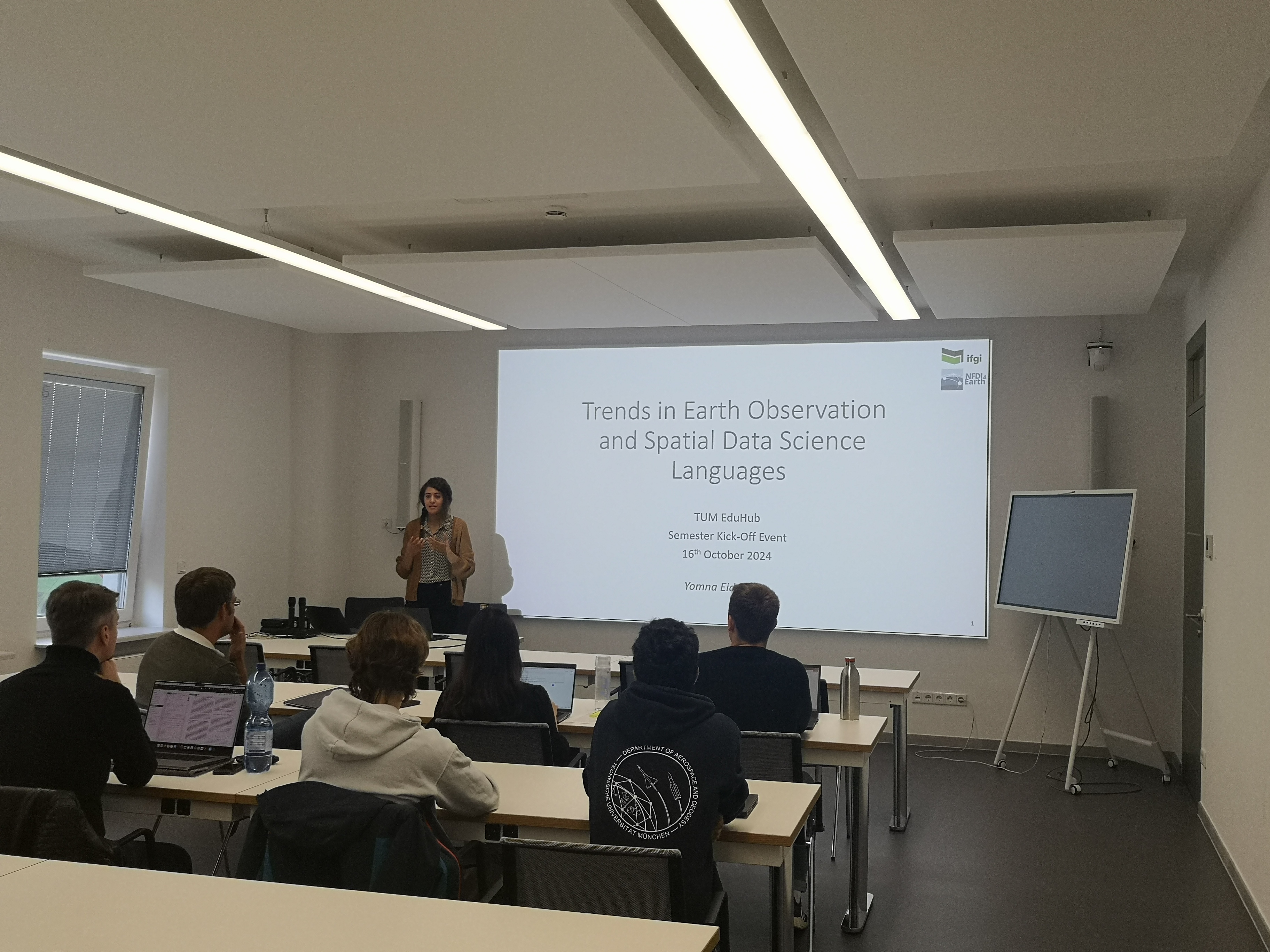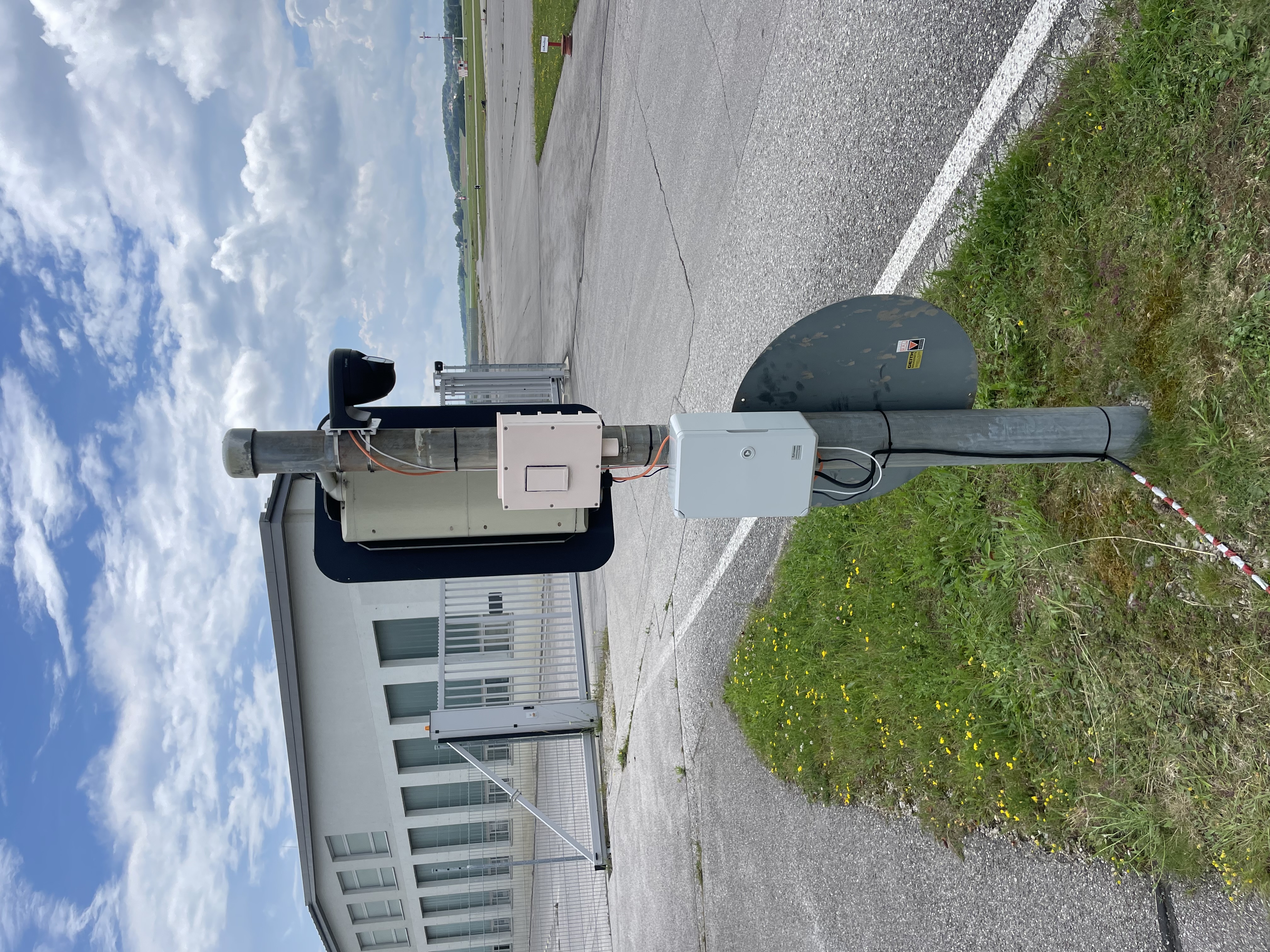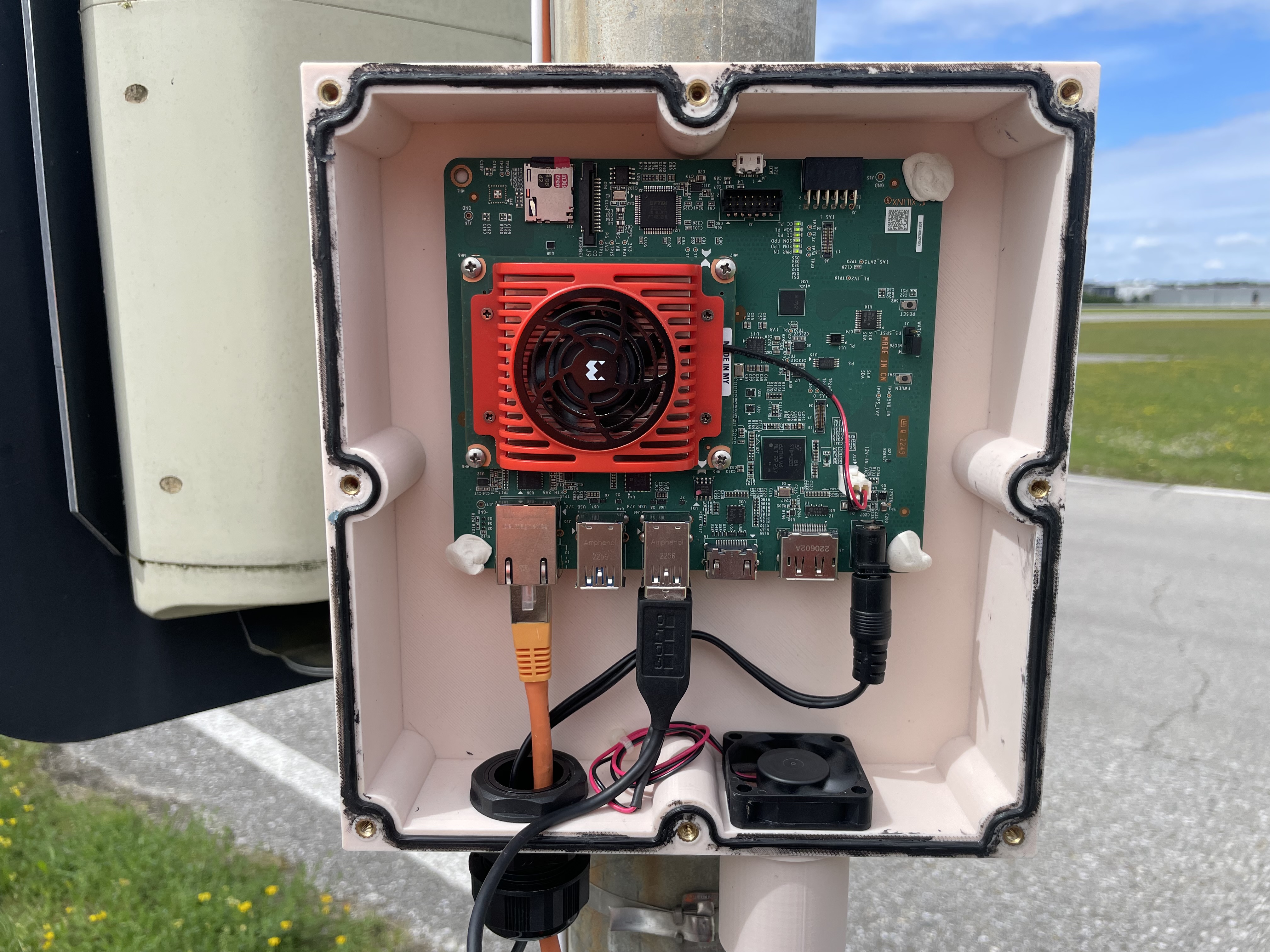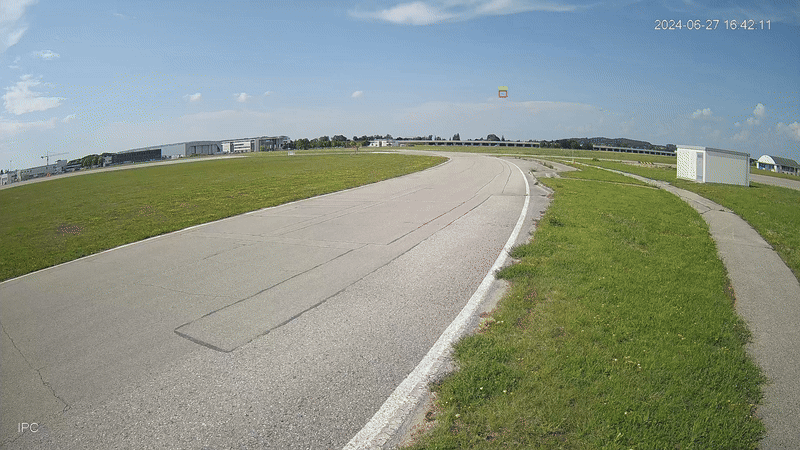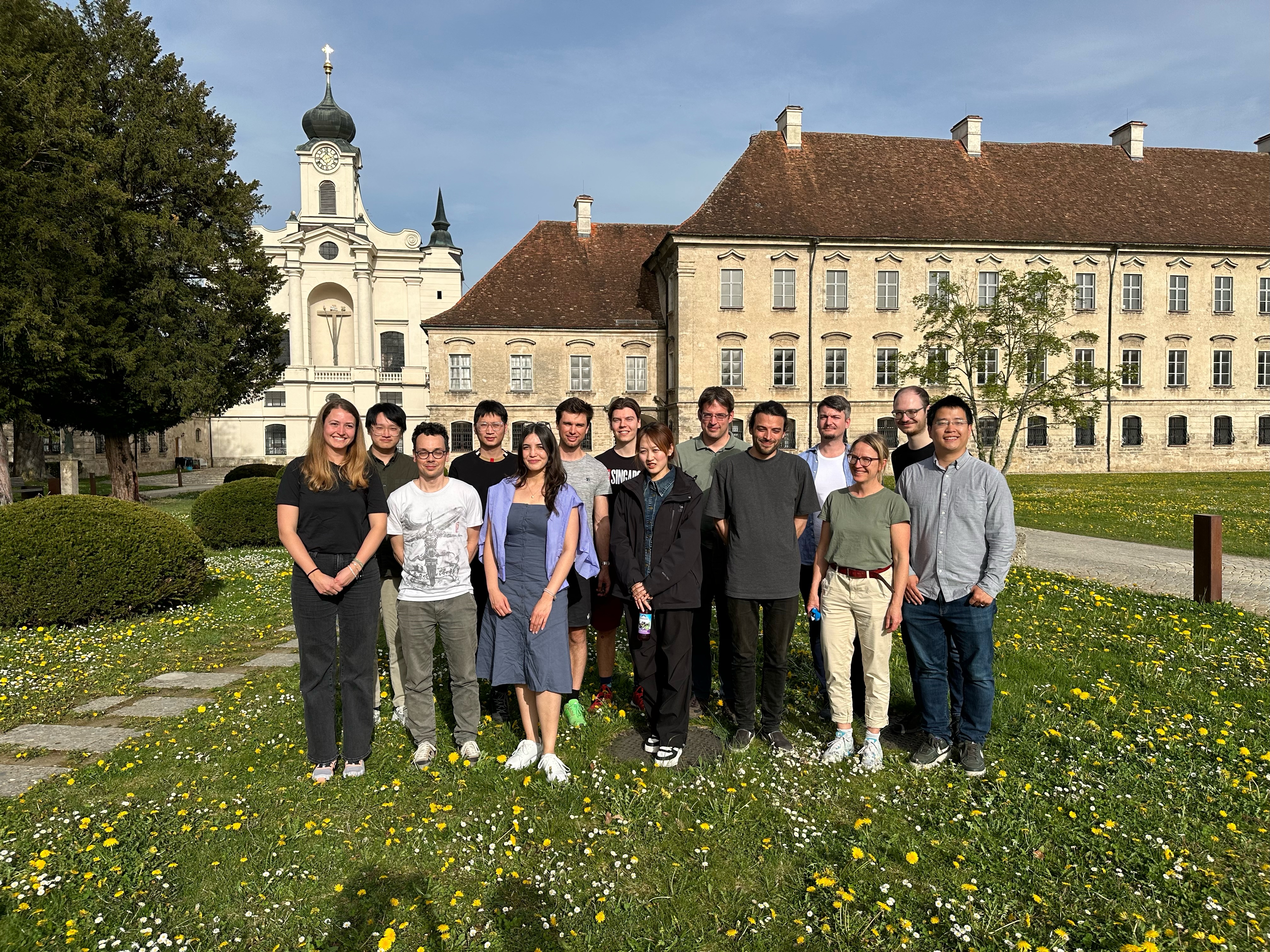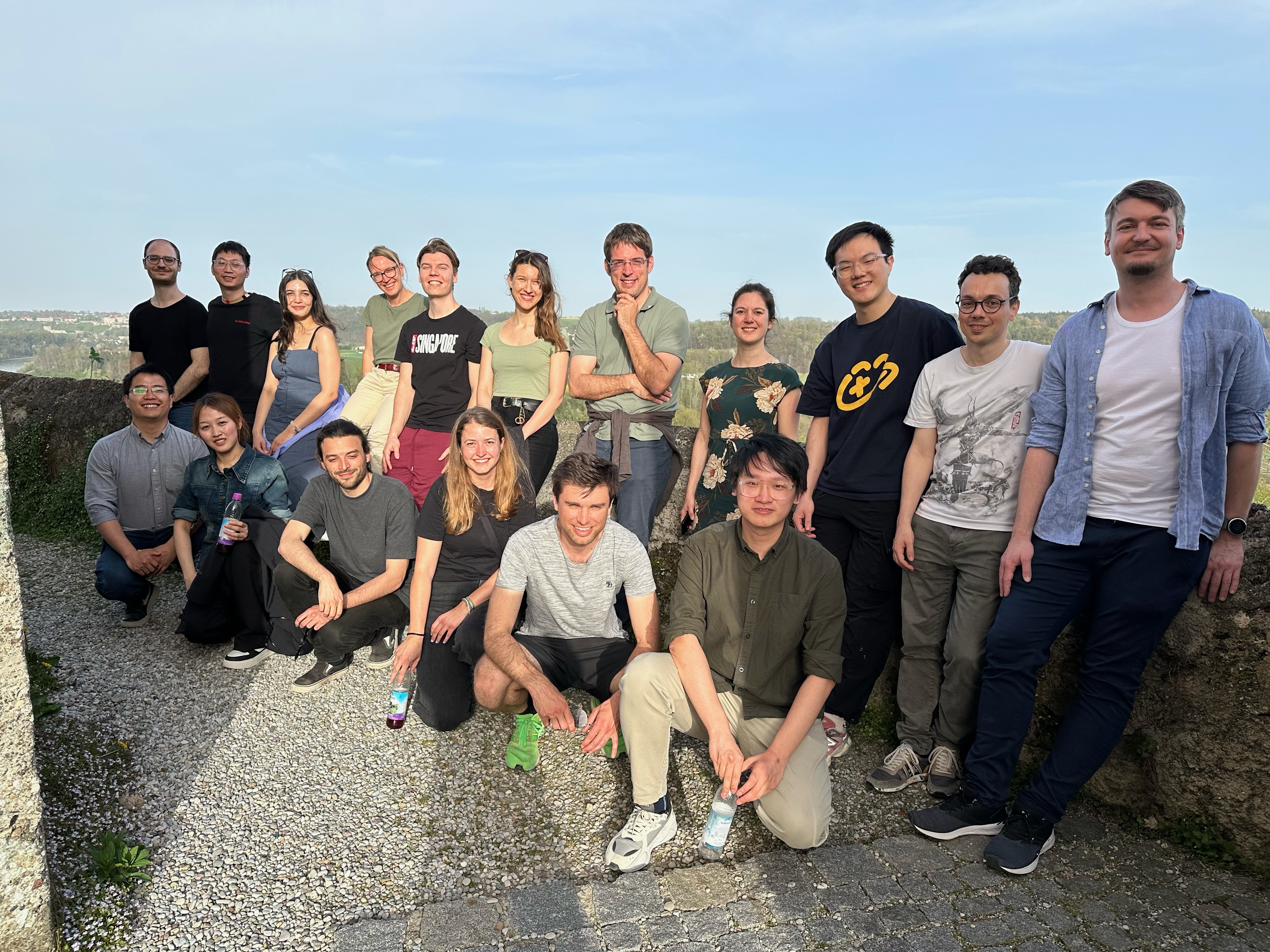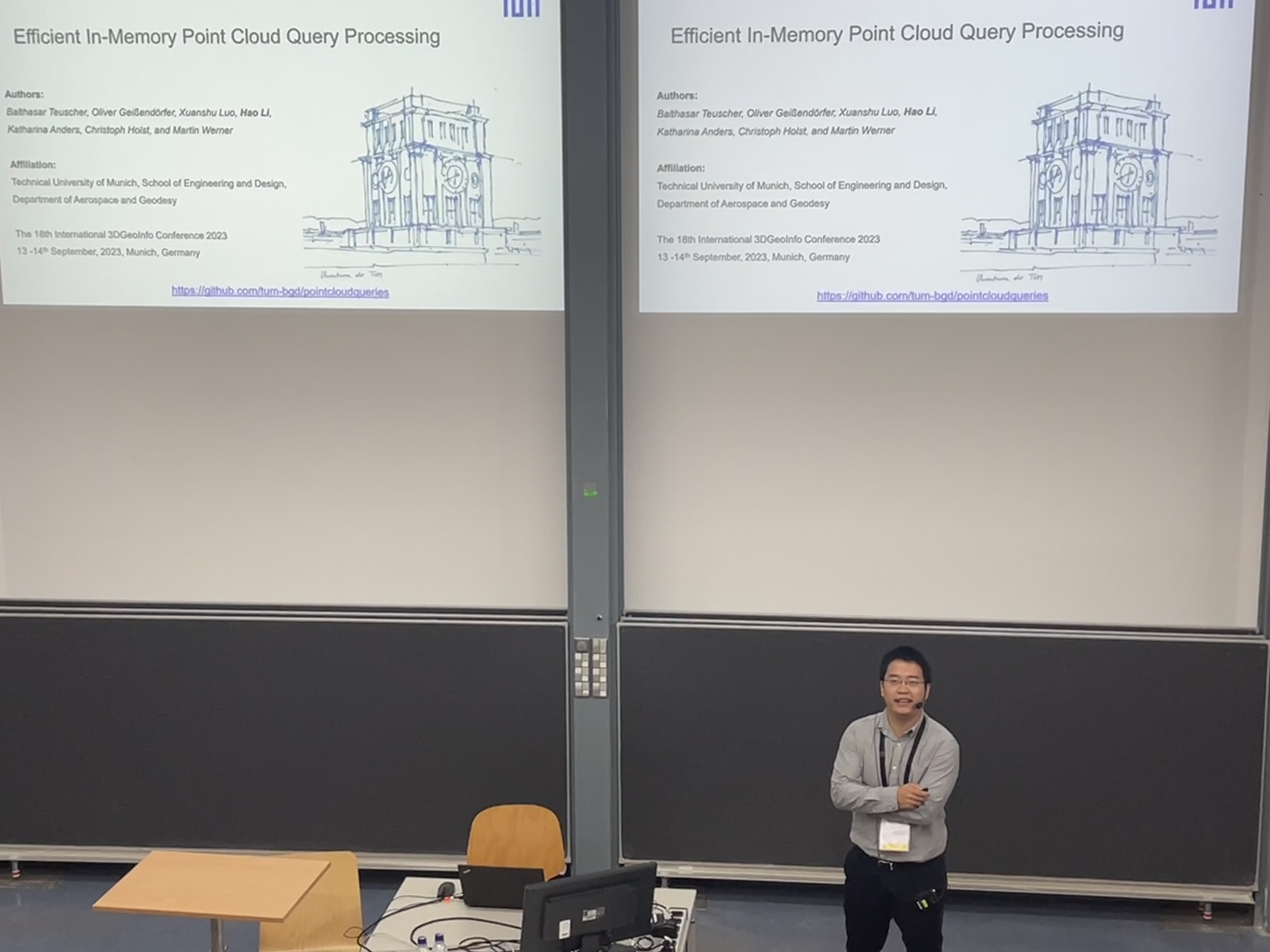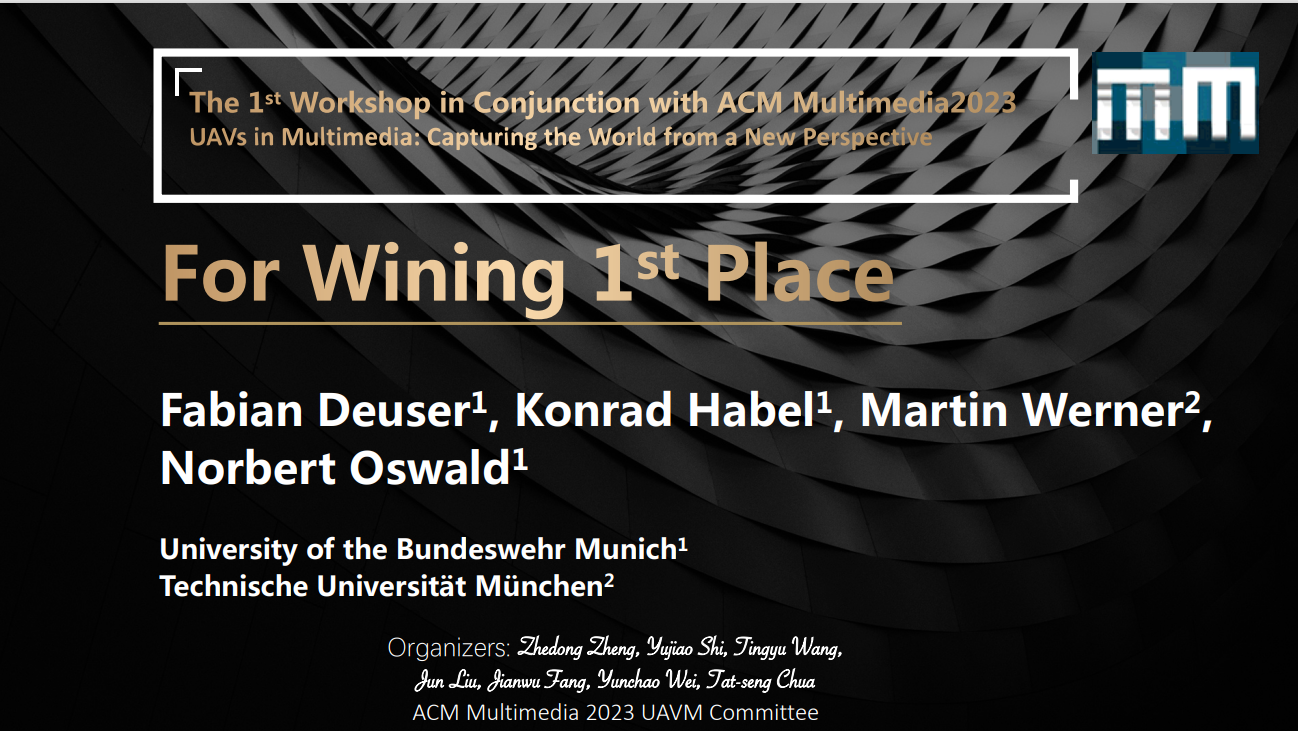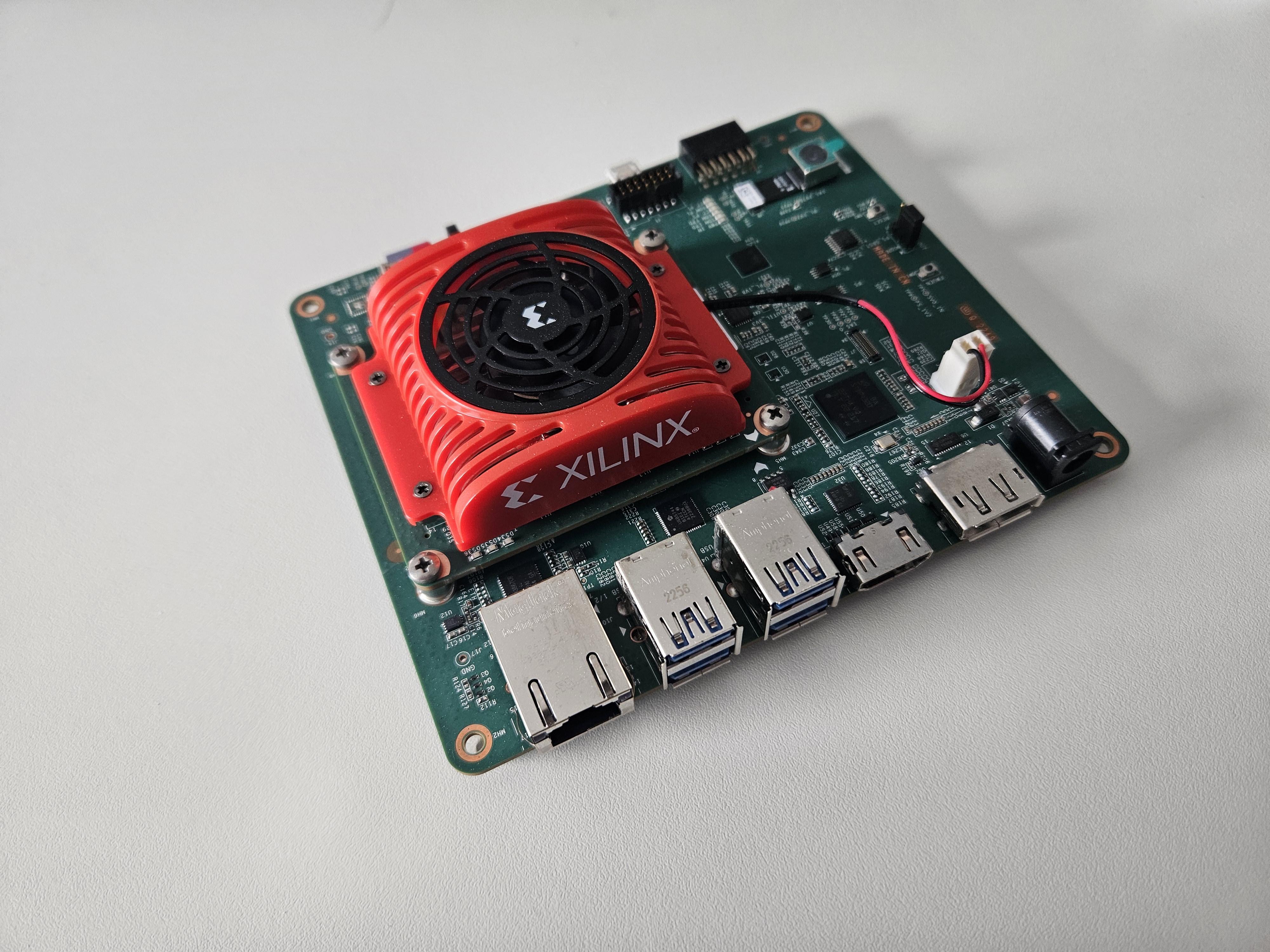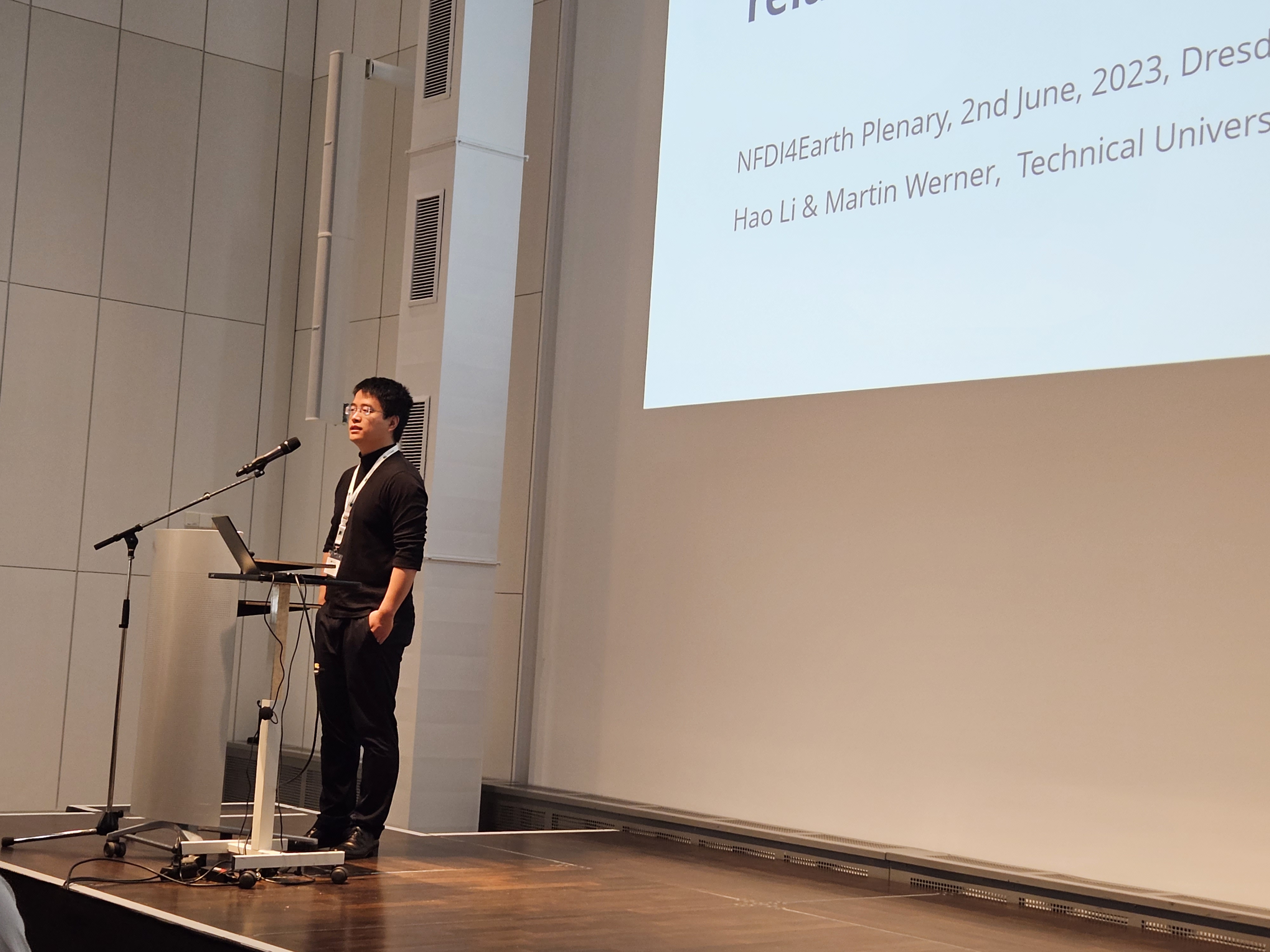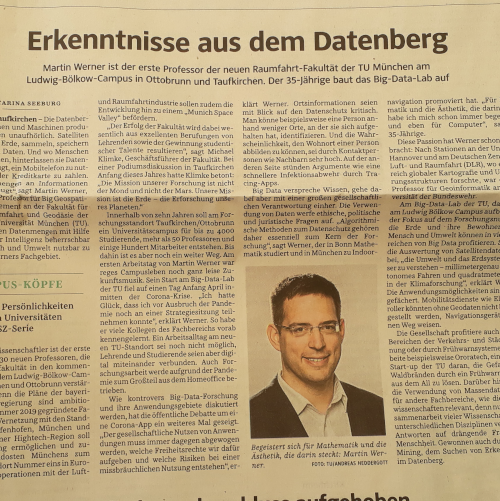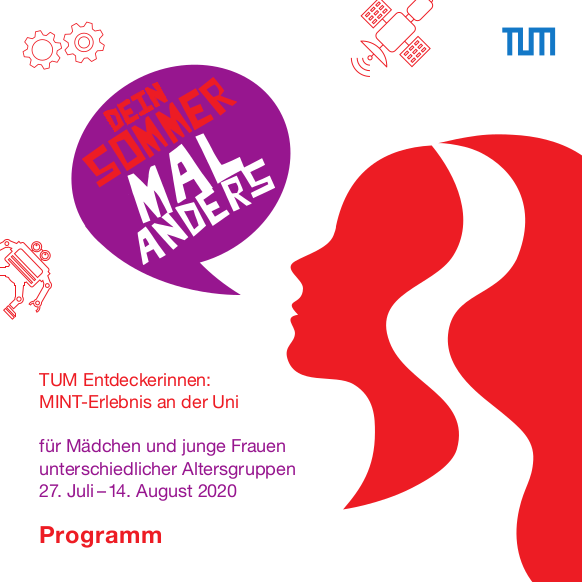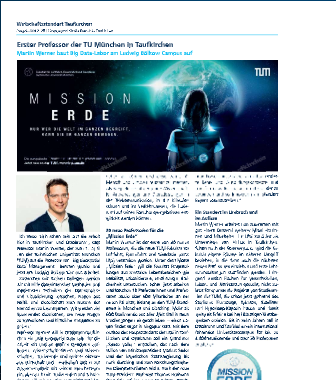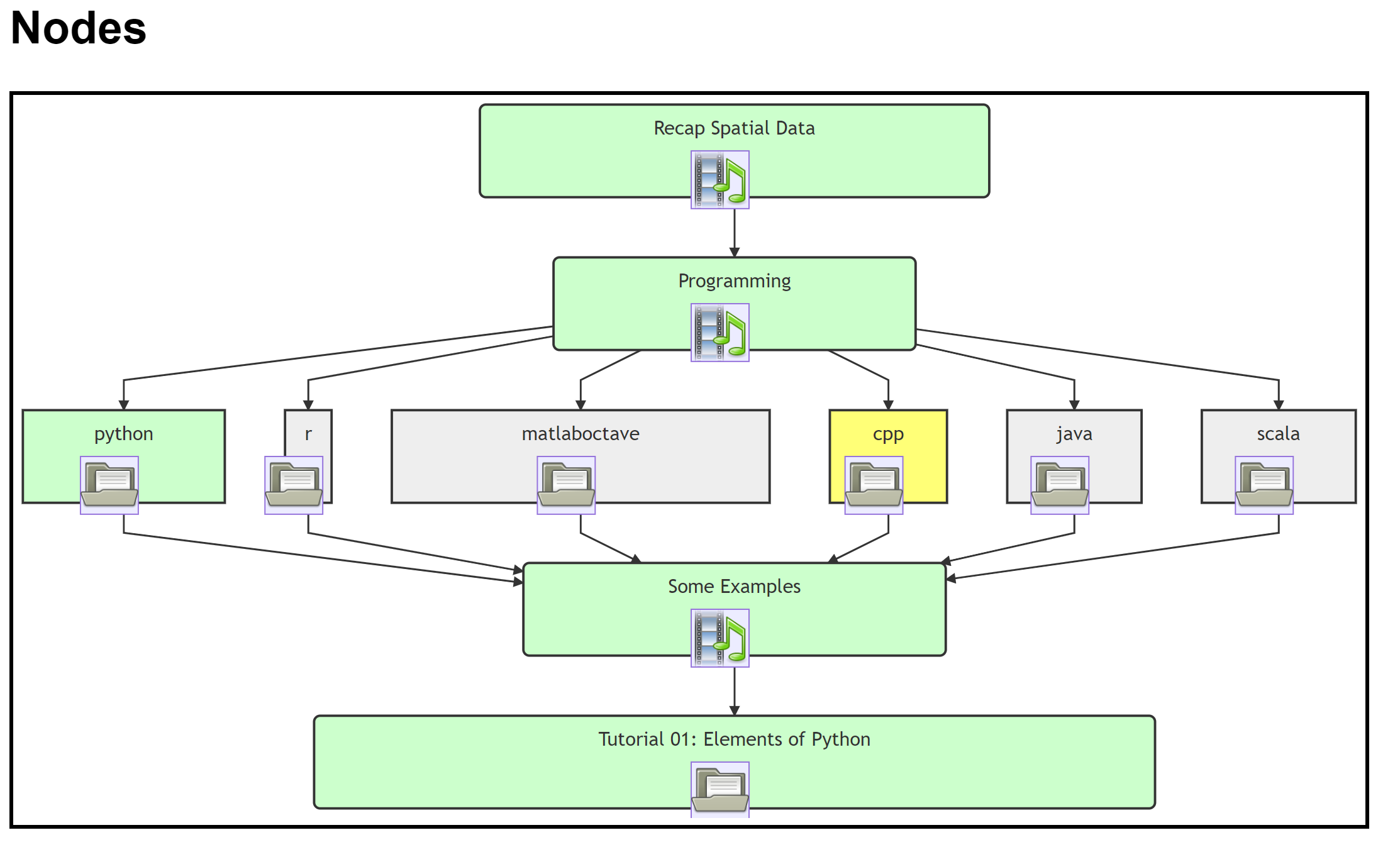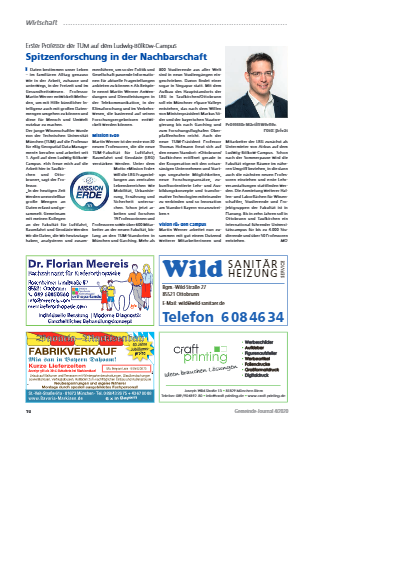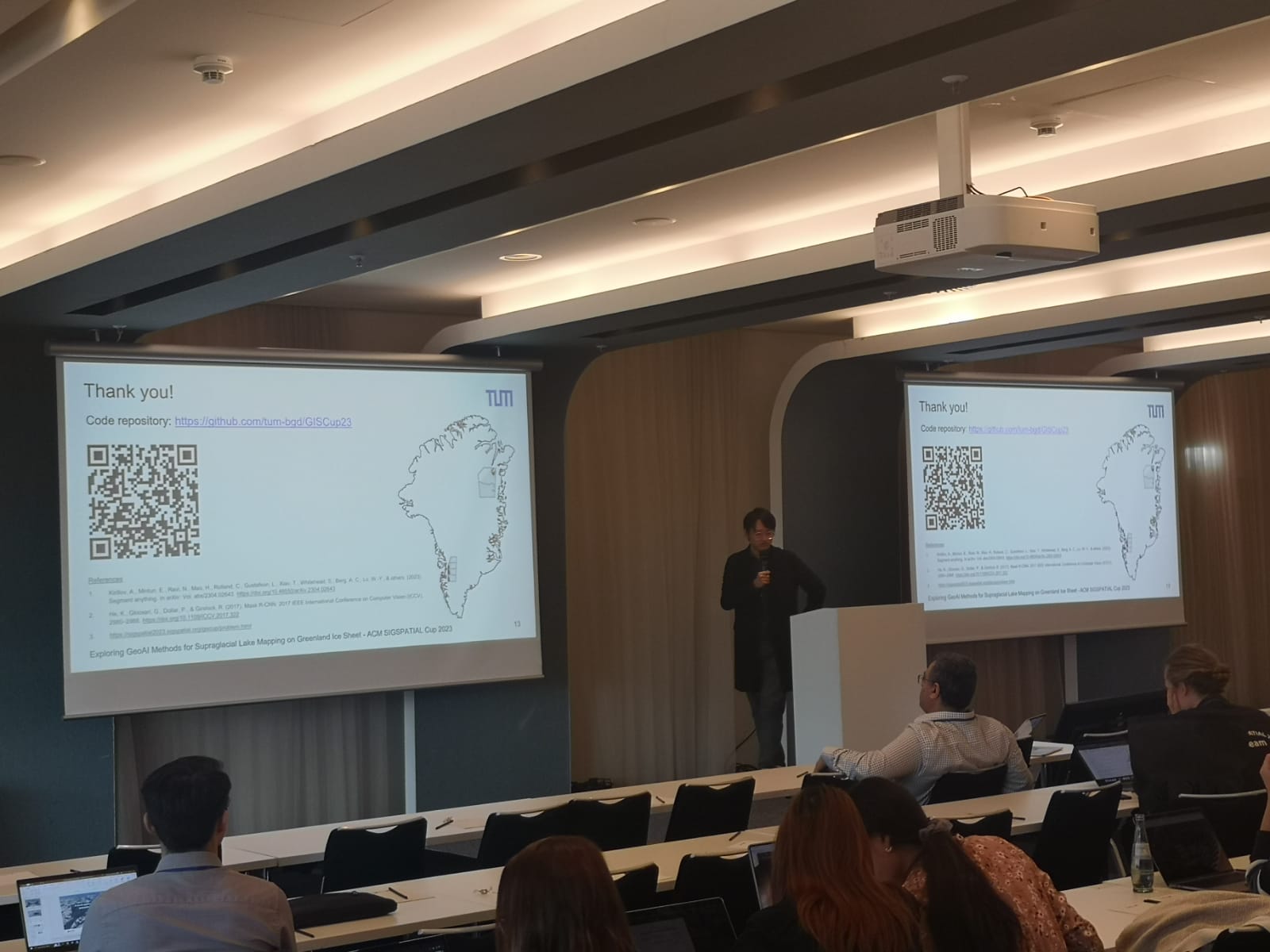
- Xuanshu Luo presenting our results at SIGSPATIAL 2023(c) 2023 H. Li
In a significant achievement, we, the Professorship for Big Geospatial Data Management, have clinched the 2nd place in the 12th SIGSPATIAL Cup competition (GISCUP 2023). Our winning paper, “Exploring GeoAI Methods for Supraglacial Lake Mapping on Greenland Ice Sheet,” stands as a collaborative effort by our dedicated research team – Xuanshu Luo, Paul Walther, Wejdene Mansour, Balthasar Teuscher, Johann Maximilian Zollner, Hao Li, and Martin Werner (Luo et al., 2023).
GISCUP, conducted alongside the 2023 ACM SIGSPATIAL conference, is an annual contest hosted by SIGSPATIAL to foster innovation in geospatial research. The official announcement of the winners took place at the ACM SIGSPATIAL conference in November 2023.
The focus of this year’s challenge was on the auto-identification of supraglacial lakes on the Greenland ice sheet from satellite imagery. Our goal was to develop an automated system capable of tagging these lakes as polygons from a single image, aiding in the tracking of their behavior across multiple summer melt seasons. Our winning paper showcases the practical application of Computer Vision Models to address this specific challenge. Additionally we investigated the potentials of the new category of large foundation models, namely the Segment Anything Model (SAM), in this field of research.
The SIGSPATIAL Cup win also brings with it a Travel Grant to the 2023 ACM SIGSPATIAL conference, providing us with the opportunity to present our work and engage with experts in the geospatial community. Such, our success in the GISCUP reinforces our standing as contributors to practical and innovative geospatial research.
If you are interested in our research, also take a look at the corresponding Github Repository.
Resources
- Luo, X., Walther, P., Mansour, W., Teuscher, B., Zollner, J. M., Li, H., & Werner, M. (2023). Exploring GeoAI Methods for Supraglacial Lake Mapping on Greenland Ice Sheet. The 31st ACM International Conference on Advances in Geographic Information Systems (SIGSPATIAL ’23), November 13–16, 2023, Hamburg, Germany. https://doi.org/10.1145/3589132.3629971
[PDF]
[Online]
